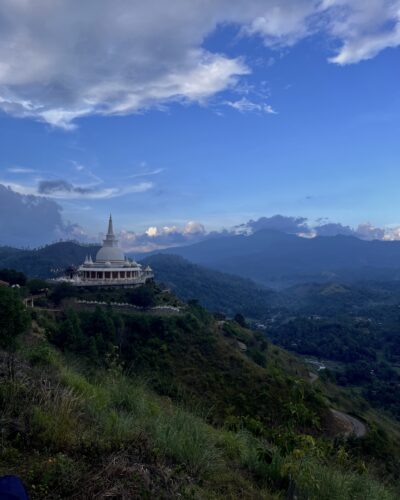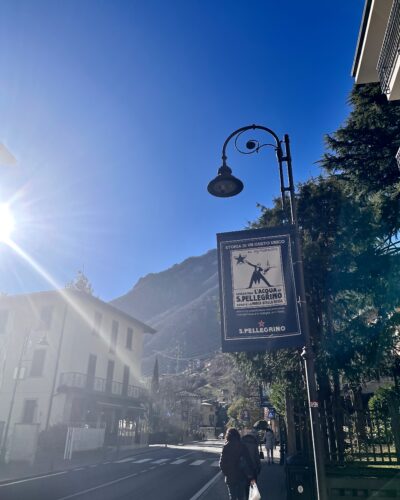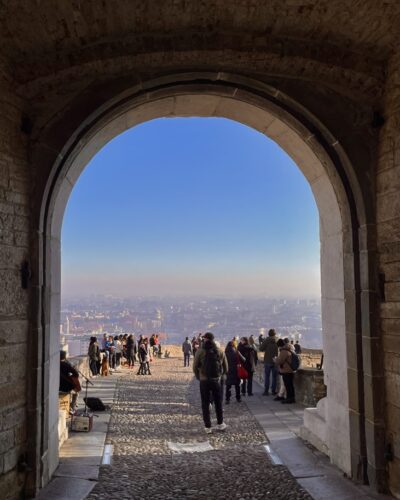In 2024 I was lucky enough to visit and explore 7 different countries, the majority being Western European countries. Despite being a a year filled with positive change and transformation, 2024 brought many challenges. Throughout the year, I used travelling the world as way to boost my mental health by providing space for deep reflection, supporting me with shaping my identity and how I want to intentionally show up in the world.
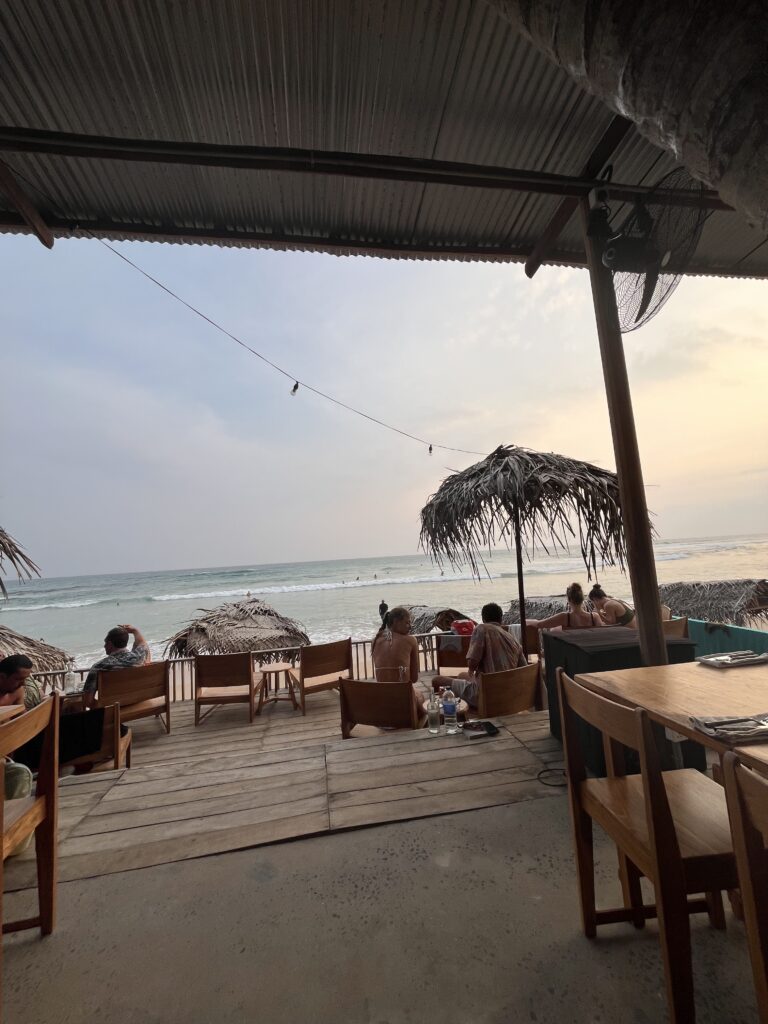
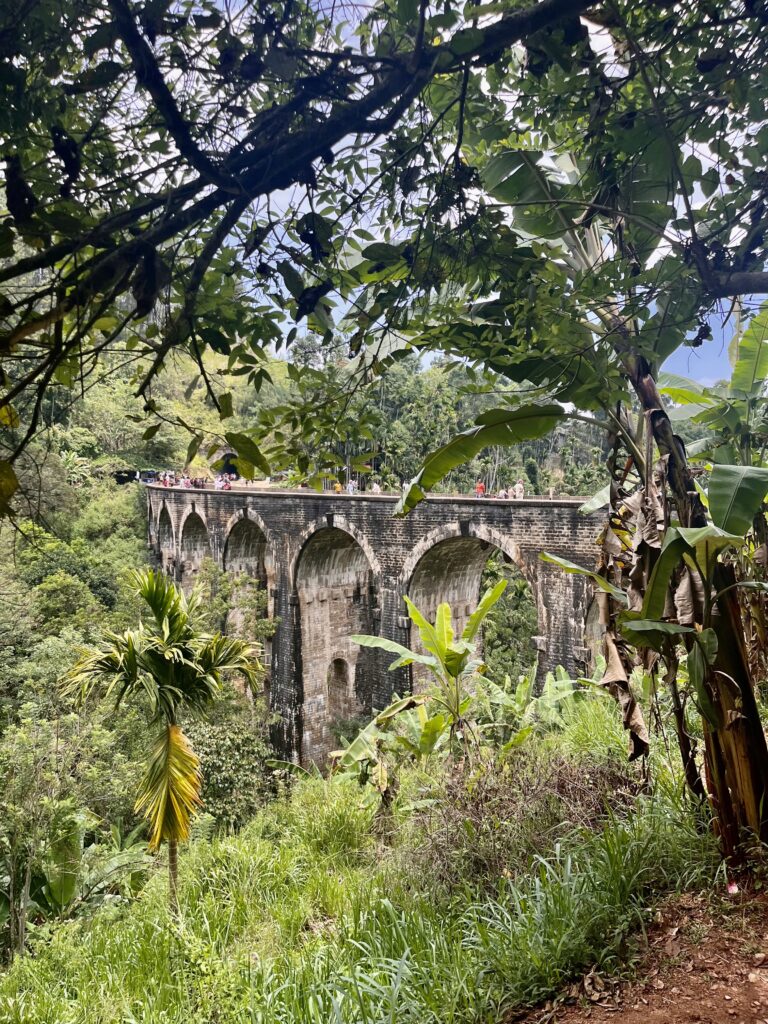
In March 2024, I jumped at the opportunity to spend 3 weeks travelling Sri Lanka. On leaving Sri Lanka, I felt immense gratitude for the endless opportunities that this trip had provided: the wildlife, the adventure, the starry night skies, and in particular, the people! The locals in Sri Lanka were the most hospitable and friendly people that I have ever come across whilst travelling.
This got me thinking about privilege, and do we understand how privileged we are to be able to travel the world? A location privilege? A Western privilege? A passport privilege?
“Where are you from” and “how long are you in Sri Lanka?” are the two questions that I was asked endlessly by locals. “You are welcome anytime”, I heard over and over again. Their gratitude and desire for foreigners to visit their country made me feel emotional, and I felt eager to learn from these beautiful souls. I wanted to learn about their beautiful country, but I was also eager to learn about their lives. Many of the locals in Sri Lanka are working every day of their lives, and can only dream about travelling the world.
2024 – A Year Of Transformation & Challenge
In 2012, at 17 years old, I set foot inside of an airport for the first time time without my parents as an ‘adult’. My last holiday abroad before this, I was 7 years old. In 2012, I didn’t know the impact that travelling would have on my life. The impact on my personal growth, and the desire to expand my knowledge and change my worldview. The determination to gain perspective on why people think, feel and act in the ways that they do.
The reality in 2024, particularly in the United Kingdom, is that “going away” has become the expected. In most of our lives, we live a ‘work life’ and we live in our ‘home life’, and our life is complete with schedules and routines, whilst surrounded by those that we love. Our friends and our families, that live a life that is similar to ours.
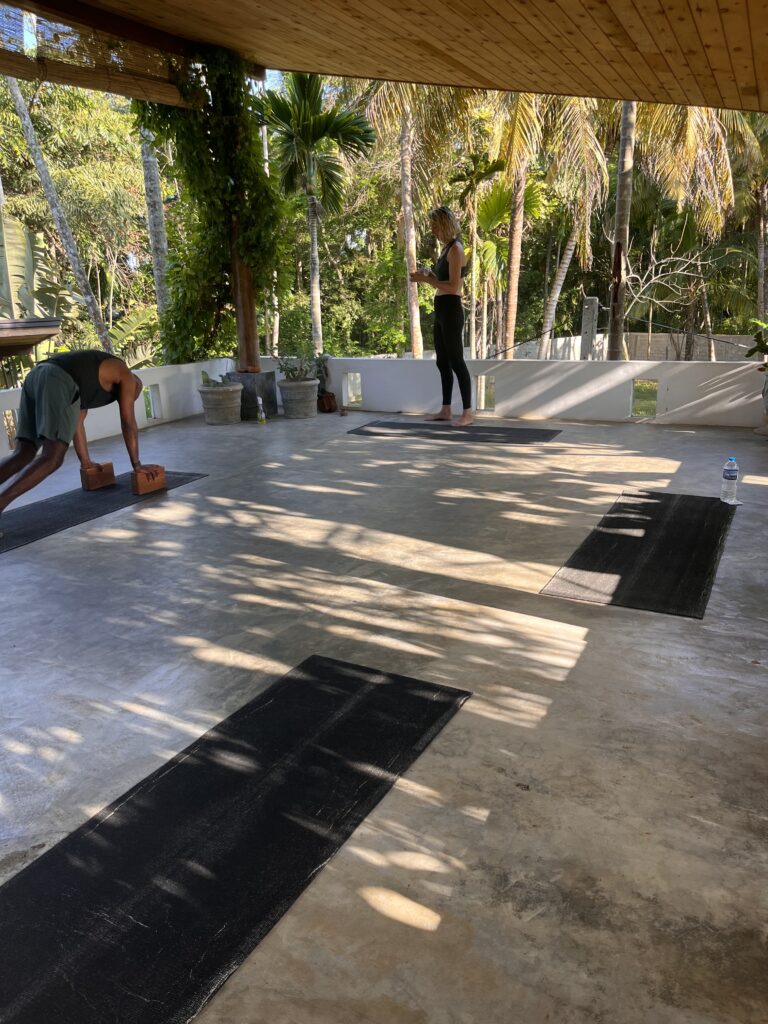
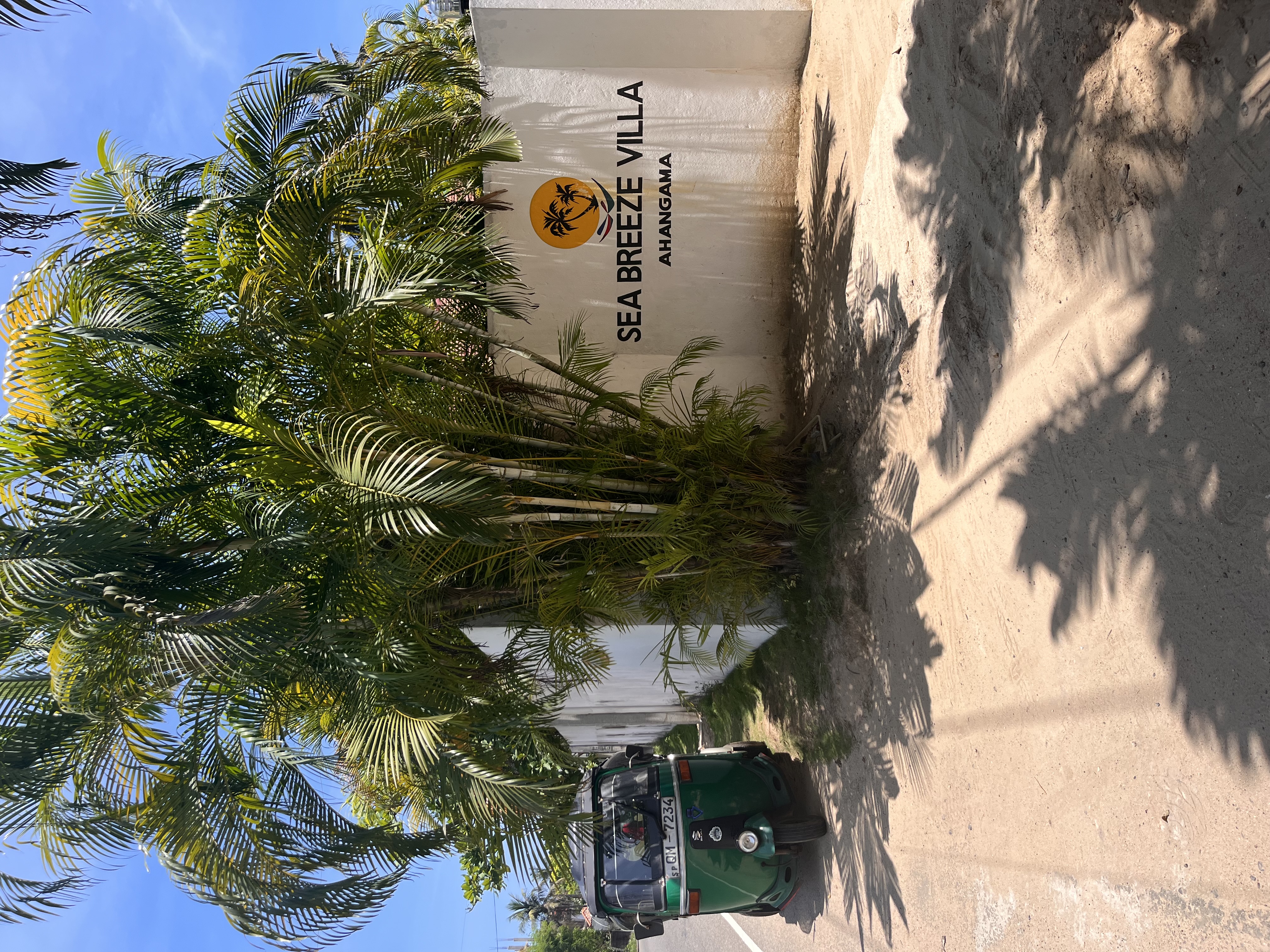
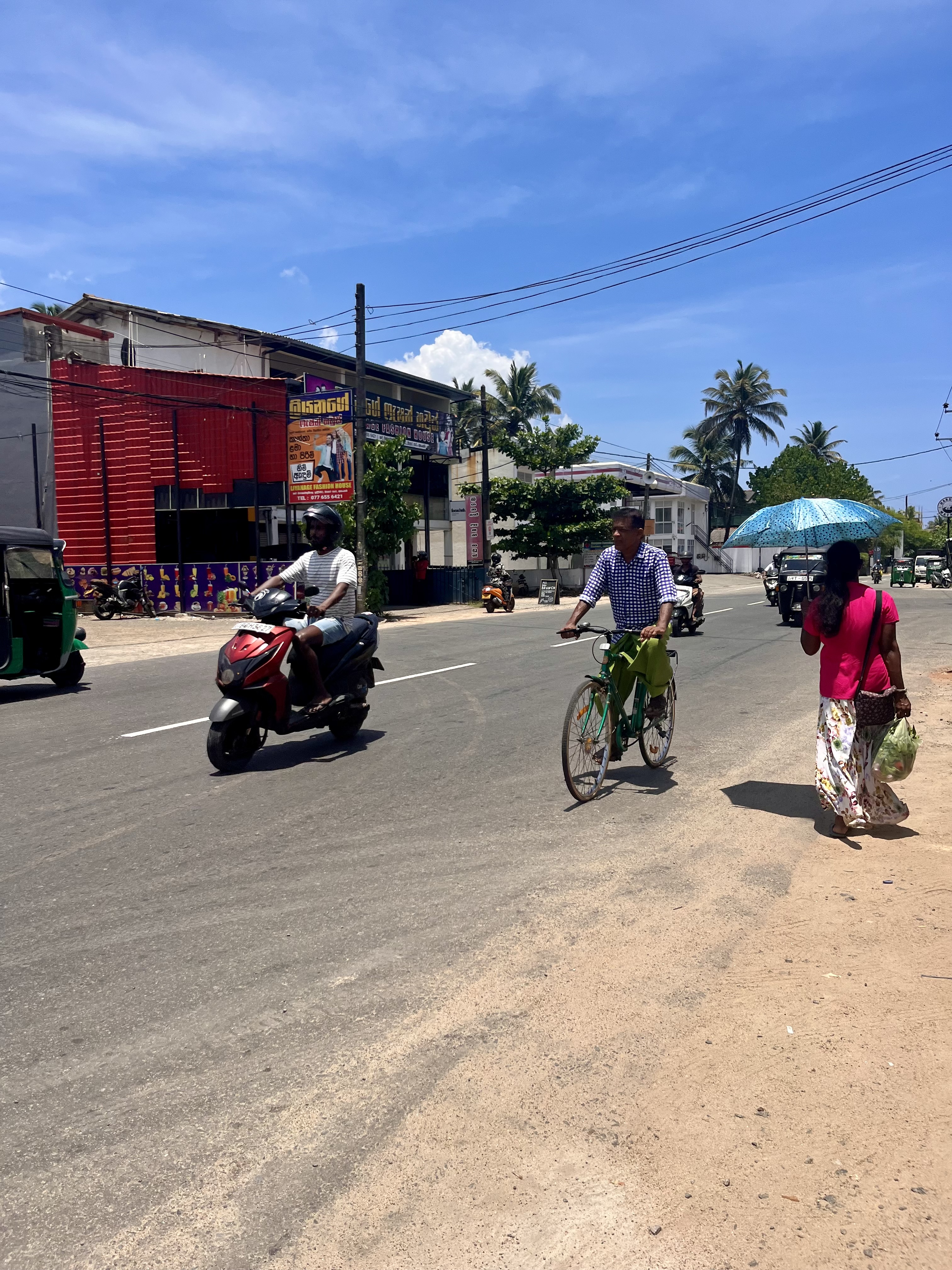
For many of us, at least those in the United Kingdom, we count down the days until we can “go away”, breaking up the mundane days of schedules and routines. We seek excitement in getting away from our home lives, our work lives. Seeking a different pace of life for a while – a city break in Europe, an all-inclusive gig by the beach, out with the girls in Ibiza or a finding-yourself soul-shattering experience in Bali. Everyone has their own agenda, but the ultimate goal is the feeling of escapism and “getting away”.
After spending 3 weeks in Sri Lanka, I was left with a feeling that I couldn’t quite make sense of. A feeling of processing, and underlying feeling of guilt. A power dynamic that feels slightly uneasy, knowing that there is no justification to be treated more worthy that others because of where I was born.
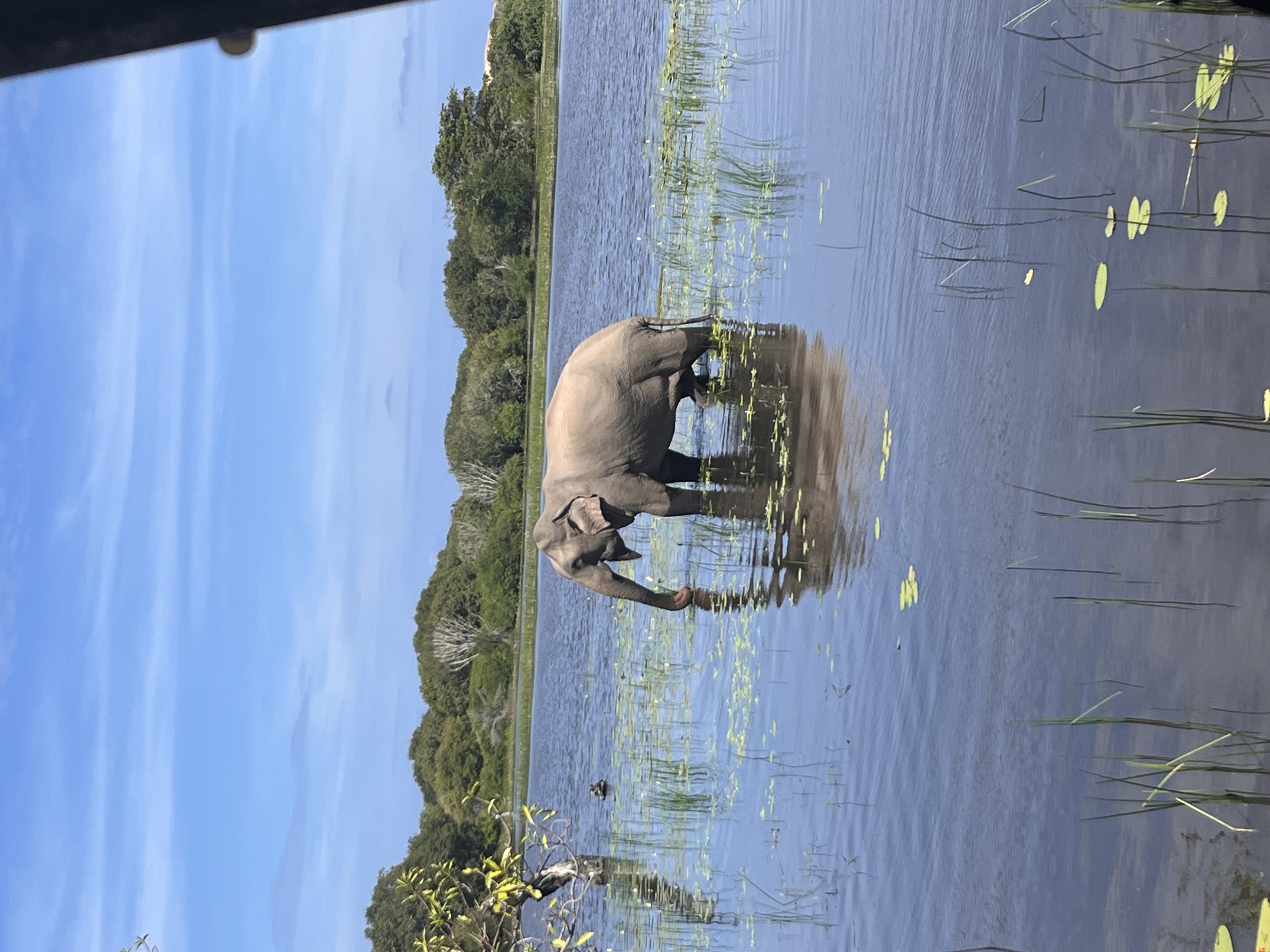
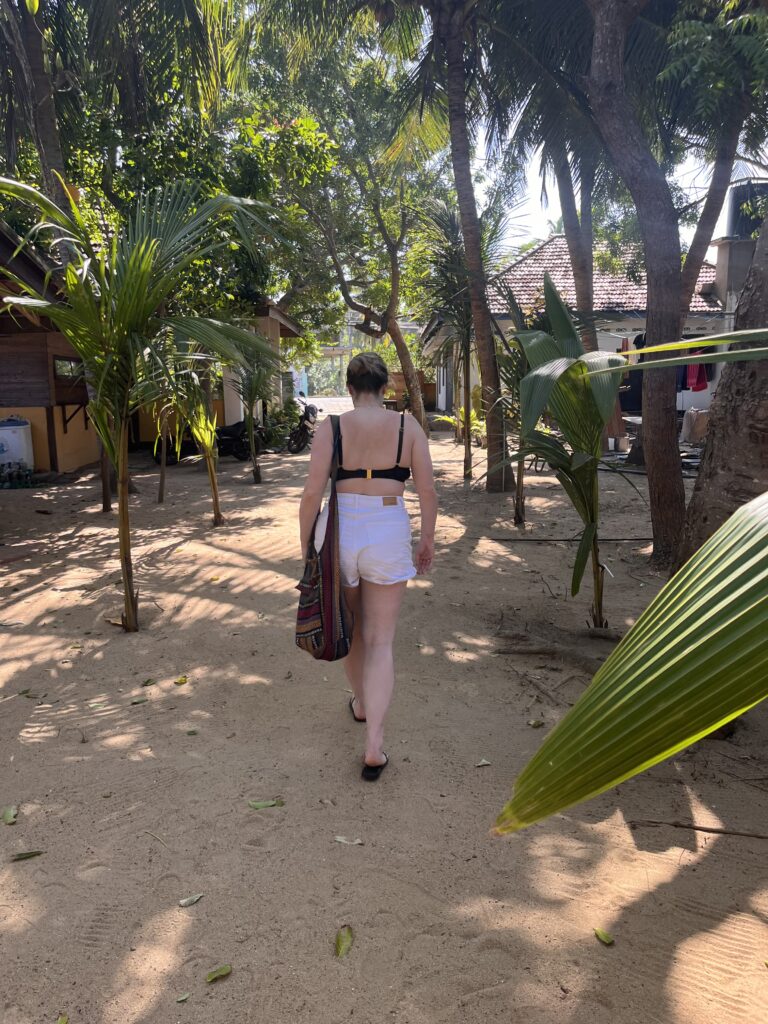
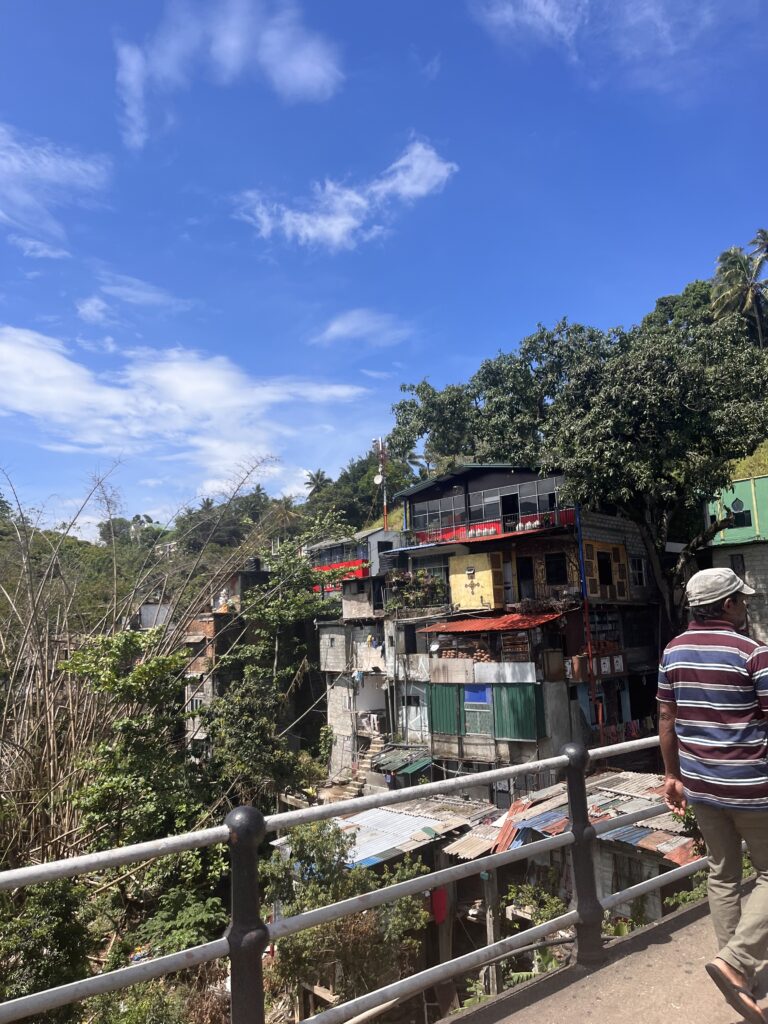
By the end of my trip to Sri Lanka, my focus was on reframing the narrative around travel. Tourism is often exploitative, with the prices reflecting the presence of the Western community. The questions posed explore whether Western presence is enough to make a change, or are tourists’ needs being prioritised over residents? This ideology was initially challenged by the COVID-19 pandemic between 2019 – 2021, leaving many countries with minimal income and increased vulnerability without the presence of tourism. Shouldn’t every country be able to thrive, or at least survive, without relying on the visits of those living thousands of miles away?
Despite the gratitude that I am feeling at the end of this incredible adventure, I am scrambling for answers. Going forwards, how do I travel more mindfully? There is hypocrisy and humour towards those taking gap-years to ‘find themselves’, but do we find ourselves in this confusion? Asking questions and acknowledging our unconscious biases?
